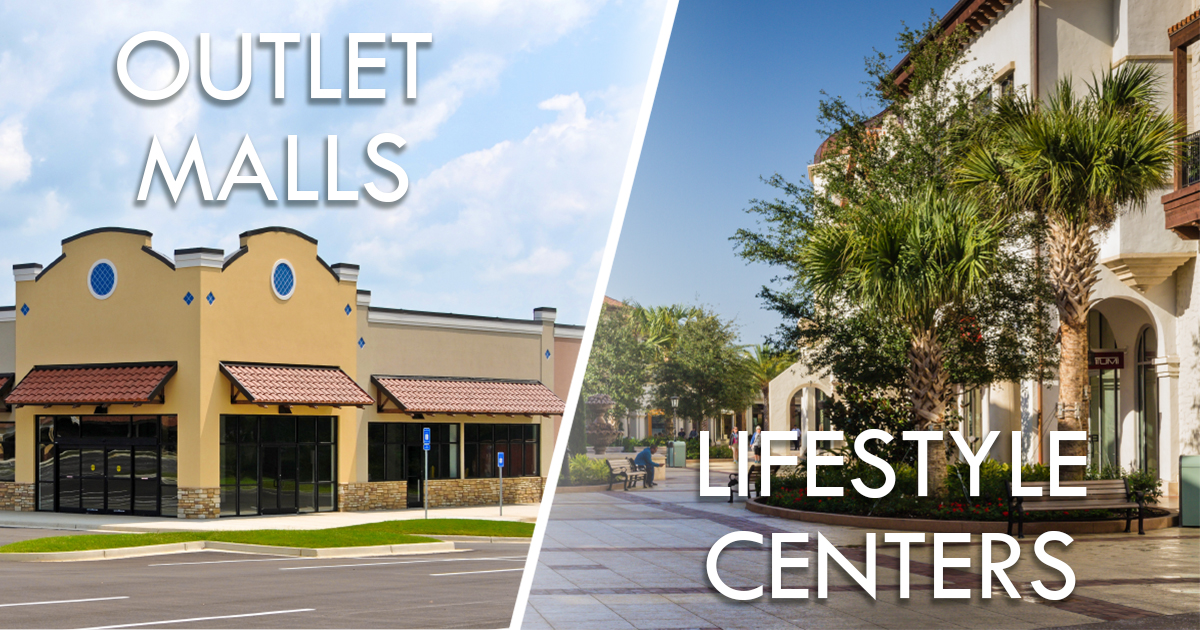Just What Situations Are Fine Close To Outlet Mall So Now
What is Bluetooth Marketing? Bluetooth marketing is an advanced advertising strategy that leverages Bluetooth technology to promote products, services, or events. This method involves transmitting multimedia content such as images, audio files, videos, and text messages to nearby devices with Bluetooth enabled. It is a cost-effective, targeted, and innovative way to engage audiences and enhance brand visibility.
How Bluetooth Marketing Works Bluetooth marketing works by sending promotional materials to mobile devices within a specific range, typically up to 100 meters. Businesses use Bluetooth beacons or other transmitting devices to connect with consumers’ smartphones. When a user enables Bluetooth on their device and is within range, they receive a notification to accept or decline the promotional content. This opt-in model ensures user engagement without being intrusive.
Advantages of Bluetooth Marketing
- Cost-Effectiveness: Bluetooth marketing eliminates the need for internet connectivity, reducing data costs for businesses and consumers.
- Direct and Targeted: The method targets users in close proximity, making it highly effective for location-based promotions such as in-store offers or event advertising.
- Enhanced Engagement: By offering interactive and personalized content, Bluetooth marketing fosters a better connection between brands and consumers.
- Environmentally Friendly: It reduces paper waste by replacing traditional flyers and brochures with digital content.
Applications of Bluetooth Marketing
- Retail Promotions: Retailers use Bluetooth beacons to notify customers about discounts, new arrivals, and personalized offers while they shop.
- Event Marketing: Bluetooth marketing is widely used for event promotions. For instance, Liverpool-based children’s performing artists utilize it to share details of small to large-scale events, ensuring maximum attendance.
- Hospitality Industry: Hotels and restaurants leverage Bluetooth marketing to promote special menus, room upgrades, or discounts to nearby visitors.
- Public Transportation: Bluetooth-enabled ads on buses and trains engage commuters with updates about local events or promotions.
- Tourism and Museums: Tourists can receive information about landmarks, exhibits, or guided tours via Bluetooth, enriching their experience.
Steps to Implement a Bluetooth Marketing Plan
- Set Clear Objectives: Define the goals of your campaign, such as increasing foot traffic, boosting sales, or raising brand awareness.
- Choose the Right Tools: Invest in reliable Bluetooth beacon hardware and software platforms for seamless operations.
- Create Engaging Content: Develop high-quality multimedia content that aligns with your target audience’s interests.
- Test Your Campaign: Conduct a trial run to ensure the system works effectively and addresses any technical issues.
- Monitor and Optimize: Use analytics tools to track the campaign’s performance and refine your strategy for better results.
Challenges and Solutions
- Limited Reach: Bluetooth’s range is confined to 100 meters, making it less effective for wide-scale promotions. To counter this, deploy multiple beacons strategically.
- User Consent: Some users may hesitate to enable Bluetooth or accept notifications. Offering incentives such as discounts or exclusive content can increase opt-in rates.
- Technical Issues: Connectivity problems can hinder campaigns. Regular maintenance and updates ensure smoother operations.
- Privacy Concerns: Consumers may worry about data security. Transparency about data usage and compliance with privacy regulations builds trust.
Future of Bluetooth Marketing With advancements in Bluetooth technology and increasing smartphone usage, Bluetooth marketing is set to become a cornerstone of digital advertising. Businesses can integrate it with other marketing strategies, such as SMS campaigns, to create a cohesive and impactful promotional plan.
Conclusion Bluetooth marketing is a dynamic and innovative approach that redefines how businesses connect with their audiences. By focusing on engagement, cost-effectiveness, and sustainability, it offers immense potential for brands looking to thrive in a competitive market.
